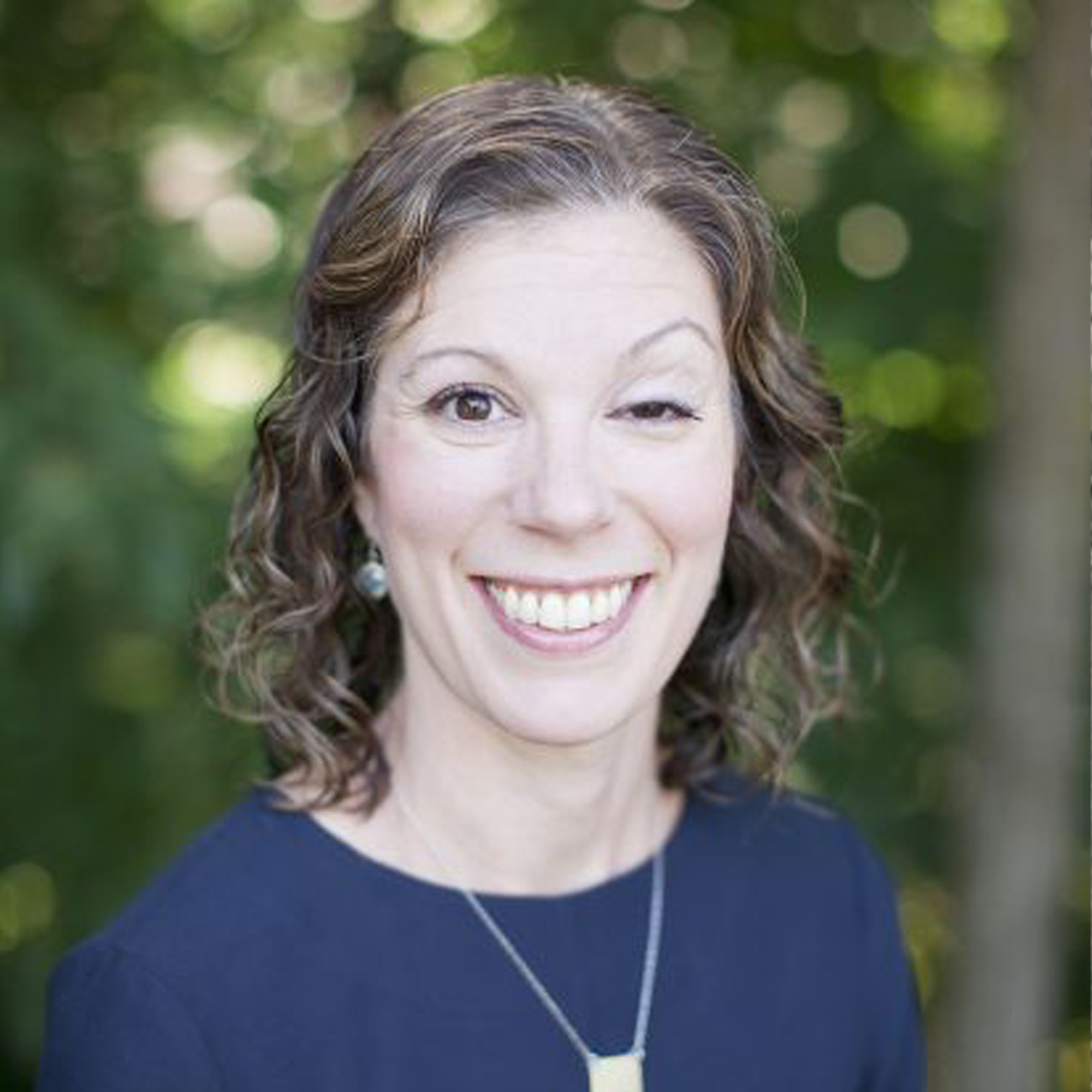

Sarah Hemminger is the co-founder of Thread, an organization that supports cohorts of struggling students in the Baltimore City’s public school system and builds volunteer families around them. This method aims to create a new social fabric for students who are confronting significant challenges outside of their control. Listen to this episode of Ballot & Beyond to hear how Hemminger came to understand the effects of isolation and the benefits of strong social supports.
One hundred years ago, the 19th Amendment to the Constitution of the United States was signed into law and officially granted twenty million American women the right to vote.
This mass expansion in voting rights was the result of generations of intense activism known as the women’s suffrage movement that has had a lasting legacy on equality in America.
In recognition of the struggles and achievements of a once disenfranchised majority, PreserveCast is honored to share remarkable stories of suffragists within each episode this year.
Beyond the Ballot is supported by Preservation Maryland, Gallagher Evelius Jones law firm and the Maryland Historical Trust.
To learn more or to donate to support these efforts, please visit: ballotandbeyond.org.
This week on Ballot and Beyond, we’ll learn about Sarah Hemminger, a strong voice for children’s health and education, read by Victoria Patterson, Development Associate at Preservation Maryland.
Sarah Hemminger
Sarah Hemminger is the chief executive and co-founder of an organization that aims to create a new social fabric for lower-performing high school students who are confronting significant barriers outside of the classroom.
The organization, called Thread, supplements the students’ own community by surrounding each one with an extended family of committed volunteers and increased access to community resources, fostering their academic advancement and personal growth into self-motivated, resilient, and responsible citizens. Thread’s success has been remarkable, with an 87% high school graduation rate, and 84% acceptance into college, and an 83% graduation from two or four-year higher education institutions.
Sarah’s approach draws on her own life experiences. She grew up in a white working-class family that faced its own challenges, including social isolation. Sarah had come to understand the effects of isolation and the benefits of strong social supports.
From her and her staff of volunteers, the young people receive what has been referred to as Mentoring on Steroids, staying with the students no matter what.
Hemminger, who holds a PhD in biomedical engineering from Johns Hopkins University, said that a sense of belonging is as important as food to human wellbeing. It’s an essential key to life.
“When people are isolated and have difficulty finding communities,” she says, “that has an impact on public health, education, crime, and the economy. If we address it, we address so many of our other challenges.”
While she does not discount her own white privileges, she says, “The idea of segregation, of isolation, of there being haves and have-nots, I understand that at a visceral level.”
Thread currently enrolls more than 400 city students. Sarah Hemminger’s goal is 7% of the 20,500 Baltimore City high school or 1,400 students, which would indeed reach her larger goal of changing the social fabric.
Previous episode






